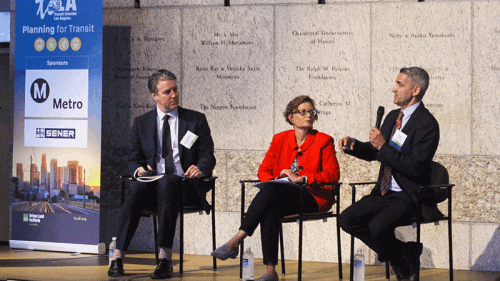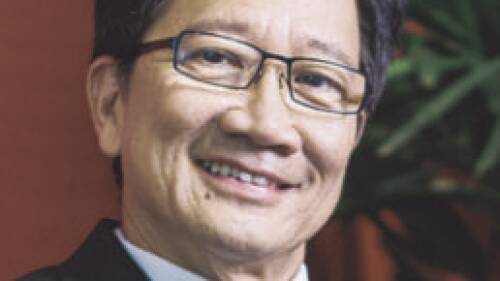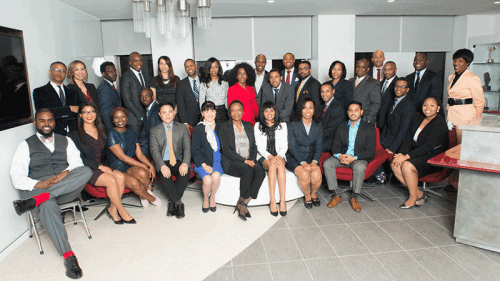<b>Equitable Development</b>
This session at ULI Los Angeles conference provided an unusual opportunity to hear two of L.A.’s key planners discuss their attitudes, priorities, and philosophies, and offered a glimpse into the future of L.A. development as they addressed the myriad issues facing the city.
A renowned global investor and the chairman of ULI Asia Pacific reflects on opportunity and risk in a low-interest-rate environment.
Macy’s has announced plans to close 100 of its 675 traditional full-price locations and to increase investment in its online channel, which heightened concern about bricks-and-mortar retail versus e-commerce and led regional mall REITs lower. Plus, interest rate survey data from Trepp.
Project REAP has been providing educational and networking opportunities to enable aspiring deal-makers to “be all that they can be” in commercial real estate (CRE). REAP conducts the equivalent of a ten-week boot camp in CRE fundamentals for minority professionals seeking to enter and advance in the industry. The program recently completed classes in Atlanta and New York City—with rave reviews from the program participants as well as the instructors who taught the classes.
Homebuyers and developers have developed an appetite for more food-based amenities, said panelists speaking at a recent ULI Food & Real Estate Forum. “One of the hottest trends in new home development is incorporating agriculture … communities that include working farms are popping up all over the country,” says Sarene Marshall, executive director of the ULI Center for Sustainability.
China’s “Belt and Road” development strategy must become a world initiative in order to truly succeed, says Vincent Lo, chairman of Shui On Land.
Speaking at the recent ULI Housing Opportunity Conference, Rick Haughey, vice president of industry technology initiatives at the Washington, D.C.–based National Multifamily Housing Council, likened the wiring of the United States to the internet to the early development of the nation’s highways, but as a cautionary tale, creating unintended winners and losers in the process.
A new ULI report describes a variety of public financing tools for cities seeking to reinvent themselves and attract greater private investment. The report, however, is not about any one specific financing tool or taxing mechanism, but about the leadership, strategic vision, and political will necessary to create a plan for reinvention and execute it. Expert panelists discussed how these challenges played out in Pittsburgh; Greenville, South Carolina; and Cincinnati at the recent ULI Housing Opportunity Conference in Boston.
Despite a regional economy that is faring better than that in much of the United States, many of New England’s major cities are struggling to provide enough affordable housing for their middle-income workforce.
Landlords are confident that apartments are not overbuilt, and rents continue to increase in many markets, but real estate investment trust investors are less certain. This year, deliveries are reaching new peaks, and investor worries about a market softening are reflected in the sector’s –1.12 percent year-to-date total return. Plus, interest rate survey data from Trepp.







